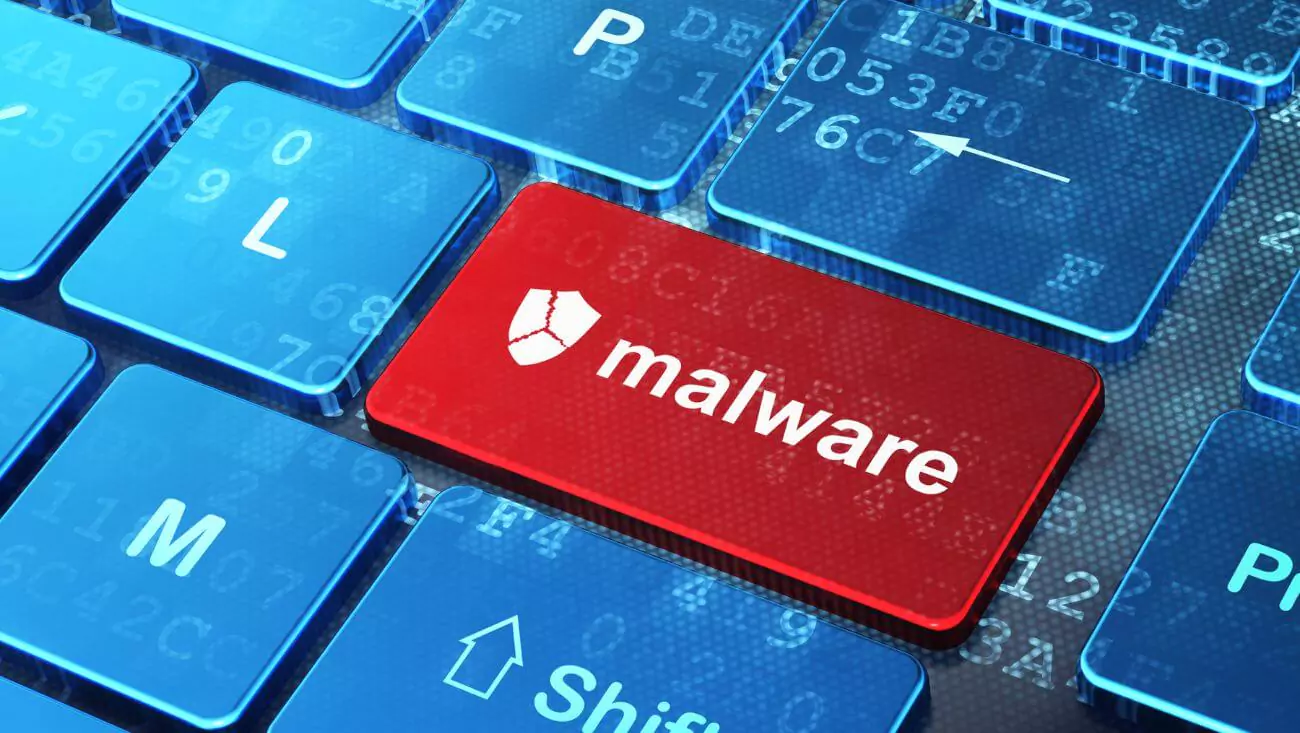April 28, 2025 – In a shocking breach of trust, the CEO of a small Oklahoma-based cybersecurity firm has been arrested for allegedly installing malware on computers at St. Anthony Hospital in Oklahoma City, exposing the vulnerabilities of healthcare systems to insider threats. Jeffrey Bowie, head of Veritaco, a company that claims expertise in cybersecurity and digital forensics, faces charges under Oklahoma’s Computer Crimes Act after reportedly accessing hospital systems without authorization. This incident highlights the critical need for robust security measures in hospitals, especially as cyber threats continue to evolve.
The incident took place on August 6, 2024, when Bowie allegedly entered St. Anthony Hospital and accessed two computers, one designated for employee use only. According to Cybersecurity News, security footage captured Bowie wandering through the hospital, attempting to enter multiple offices before installing malware on the devices. The malware was designed to capture screenshots every 20 minutes and transmit them to an external IP address, as detailed by Bank Info Security. Bowie was arrested on April 14, 2025, following a forensic investigation by the hospital, which confirmed the breach but found no evidence that patient data was compromised.
Bowie’s actions are particularly disturbing given his position as the CEO of Veritaco, a firm that promotes itself as a provider of “top-class” cybersecurity and private intelligence services. Campus Safety Magazine reports that Bowie claimed he had a family member in surgery and needed to use the computer—a claim investigators have not verified. The incident has sparked widespread concern in the healthcare sector, where cybersecurity is a growing priority, especially as hospitals face increasing threats from both external hackers and malicious insiders. This case echoes broader digital safety concerns, such as those surrounding Instagram’s recent privacy updates aimed at enhancing user control through features like locked Reels.
Incident Details and Implications
Here’s a summary of the incident and its broader impact:
- Malware Functionality: Designed to take screenshots every 20 minutes and send them to an external IP address.
- Legal Charges: Bowie faces two counts under Oklahoma’s Computer Crimes Act, with potential penalties of up to $100,000 in fines and/or 1–10 years in prison for felony convictions.
- Hospital Response: St. Anthony confirmed no patient data was accessed, thanks to swift action to mitigate the breach.
- Industry Concerns: Highlights the vulnerability of healthcare systems to insider threats from trusted professionals.
The breach at St. Anthony Hospital underscores the precarious state of hospital cybersecurity. Security Affairs notes that healthcare facilities are prime targets for cybercriminals due to their sensitive patient data and often outdated infrastructure. The malware installed by Bowie could have been used for espionage, data theft, or as a stepping stone for a larger attack, though his motive remains unclear. This incident follows a troubling trend of insider threats in healthcare, with GB Hackers citing recent cases involving a physical therapist accessing patient records and a pharmacist installing spyware on colleagues’ devices. These breaches highlight the need for stronger security protocols, a challenge also faced in other sectors where digital safety practices are under scrutiny.
St. Anthony Hospital issued a statement emphasizing its commitment to security: “On August 6, 2024, an unauthorized individual was identified accessing a hospital computer in an alleged attempt to install malware. The protection of data and the integrity of our systems are top priorities. Due to precautions in place, the issue was addressed immediately, and no patient information was accessed,” as quoted by Cybernews. While the hospital’s quick response prevented data loss, the incident raises serious questions about how a cybersecurity professional could exploit vulnerabilities in a healthcare setting, especially one as critical as a hospital.
The arrest of Bowie casts a shadow over the cybersecurity industry, where trust is paramount. Veritaco, a small firm with 2–10 employees, is now under scrutiny, and its website is offline as of this writing. The incident could lead healthcare providers to reassess their relationships with cybersecurity vendors, emphasizing the need for rigorous vetting and oversight. It also highlights the importance of insider threat prevention, such as employee training and layered security controls, which are becoming standard in response to evolving cyber risks. This aligns with trends in digital security, such as Apple’s iOS updates that incorporate AI to enhance user protection.
The broader implications of this case extend to the healthcare sector’s ongoing struggle with cybersecurity. Hospitals must invest in advanced threat detection, regular system audits, and employee awareness programs to mitigate risks from both external and internal threats. The incident also underscores the need for accountability in the cybersecurity industry, ensuring that firms adhere to ethical standards when handling sensitive systems. For those interested in cybersecurity solutions, tools like video editing software can also play a role in creating training materials to educate staff on digital safety.
The arrest of a cybersecurity CEO for such a malicious act serves as a stark reminder of the challenges facing healthcare cybersecurity. As the case against Bowie proceeds, it will likely prompt a reevaluation of how hospitals protect their systems and who they trust to secure them. The incident also raises broader questions about the ethics of cybersecurity professionals and the measures needed to safeguard critical infrastructure. What are your thoughts on this breach? How can hospitals better defend against insider threats, especially from those in trusted positions? Share your perspectives in the comments, and let’s discuss the future of cybersecurity in healthcare.







